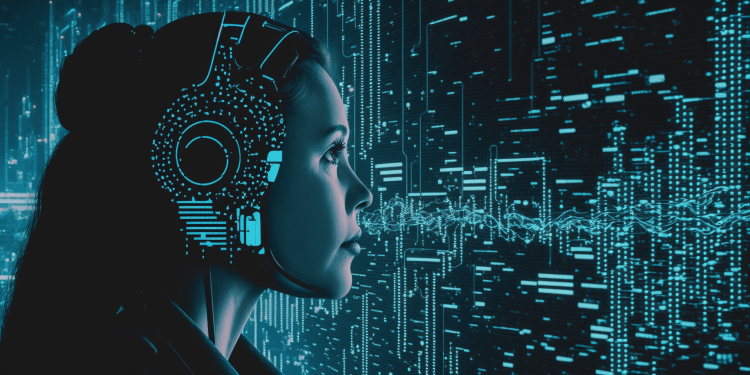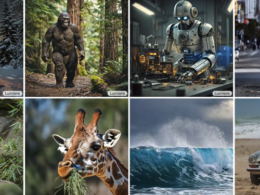Public attitudes towards AI in the workplace are surprisingly positive, with many individuals open to the idea of delegating tasks to AI to lighten their workload. This was revealed in a Microsoft work trend index survey, where 70% of respondents expressed their desire to rely on AI for work-related tasks. Microsoft itself acknowledges the transformative potential of AI, stating that it has the ability to revolutionize the way we work. However, while there is general agreement on the benefits of AI, there is less consensus on what the future workplace will look like.
Augmenting Human Productivity with AI
Currently, AI is being used to augment human workers and improve productivity, rather than completely replacing them. According to a survey by The Conference Board, a majority of workers are already utilizing generative AI for various tasks such as AI writing assistance, intelligent search, data analysis, and image creation. Gartner analyst Mary Mesaglio predicts that by 2025, generation AI will be a workforce partner in 90% of companies worldwide. This shift from AI as a tool to AI as a teammate reflects the evolving relationship between humans and machines.
“We are moving from what machines can do for us to what machines can be for us. Machines are evolving from being our tools to becoming our teammates.”
Mary Mesaglio, Gartner analyst
While this partnership between humans and AI may be a permanent fixture in the workplace, it could also be a transitional phase. Researchers speculate that AI agents, such as chatbots, have the potential to replace office workers and automate white-collar jobs. Jeff Clune, a computer science professor at the University of British Columbia, cautions that this development could have both significant benefits and consequences for society.
“This has a huge upside – and huge consequences – for society.”
Jeff Clune, University of British Columbia
The Potential for Autonomous AI Agents
Assessing the capabilities of AI to perform complex tasks is an ongoing effort. One benchmark, known as SWE-bench, evaluates the ability of autonomous agents to perform multistep software development tasks. While current AI engines, such as Claude2 and ChatGPT, have shown limited success in resolving these tasks, the rapid advancement of language models could change this scenario in the future. If language models score significantly higher on benchmarks like SWE-bench, there is potential for entirely automating certain work processes, eliminating the need for human intervention.
“If a language model were to get much higher scores on SWE-bench (perhaps 90% would do it?) then you could imagine entirely automating some chunk of work, turning language models into virtual full employees… no human required.”
Jack Clark, Co-founder of Anthropic
The speculation that OpenAI may announce technology for building autonomous agents further emphasizes the potential for AI to perform tasks without human intervention. However, the implications of such advancements are significant and require careful consideration. While AI can greatly enhance human productivity, there are challenges related to job displacement, ethics, and education. It is crucial for businesses, policymakers, regulators, and society as a whole to navigate these changes thoughtfully and responsibly in order to maximize the benefits of AI while minimizing any potential downsides.
The Future of the AI-Infused Workplace
As AI continues to play an increasing role in the workplace, humans will be tasked with orchestrating and managing multiple AI assistants to achieve business goals. The analogy of a conductor leading a symphony is fitting, but it raises questions about the ratio of human conductors to AI assistants in the future workforce. Additionally, the increasing autonomy of AI agents adds another layer of complexity to the equation.
The AI-infused workplace presents both opportunities and challenges. While there is the potential for increased efficiency and innovation, there is also concern about job displacement and ethical considerations. The impact of AI on the workforce is inevitable, and it is essential for institutions to plan and prepare for these changes in order to effectively navigate the shifting landscape.
As we enter an AI-augmented future, embracing change and continuous learning will be key to maximizing the benefits and minimizing the challenges of the AI-infused workplace.
“By cultivating curiosity, learning, and adaptability, people can maximize the benefits and minimize the challenges of the AI-infused workplace.”
Gary Grossman, EVP of Technology Practice at Edelman










